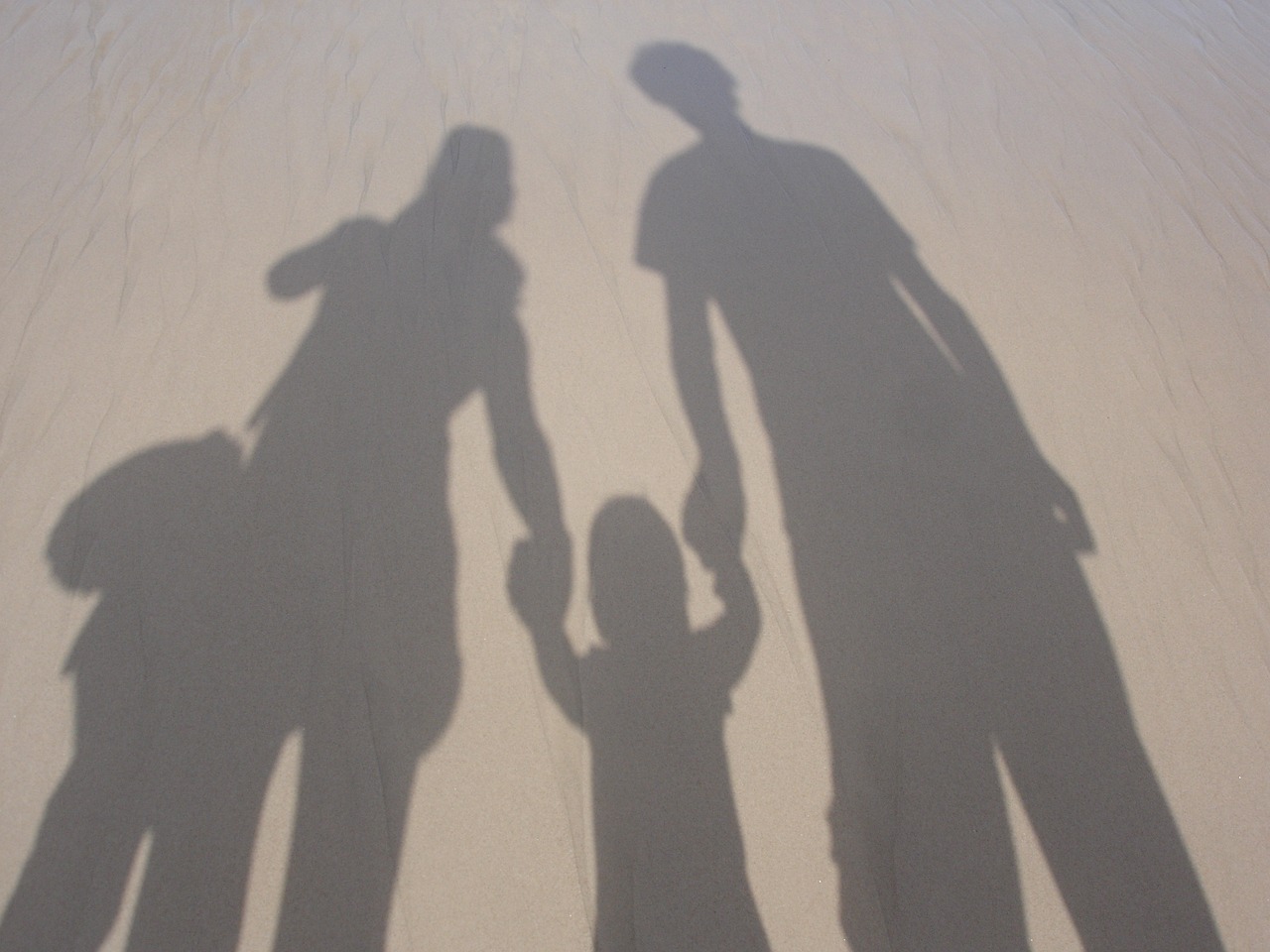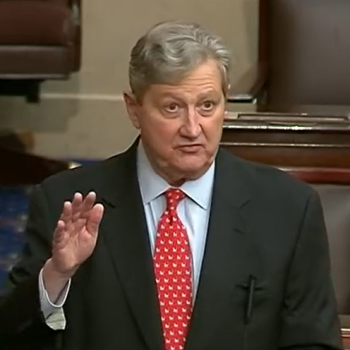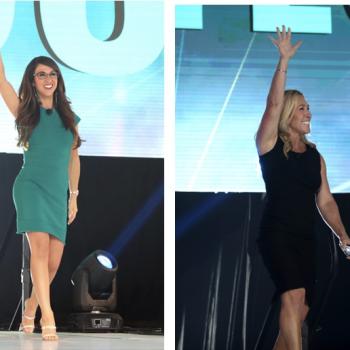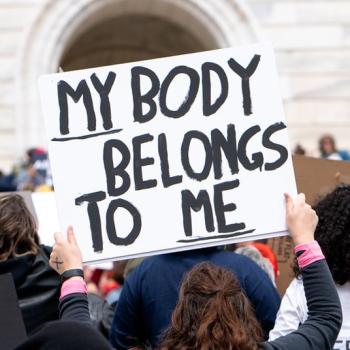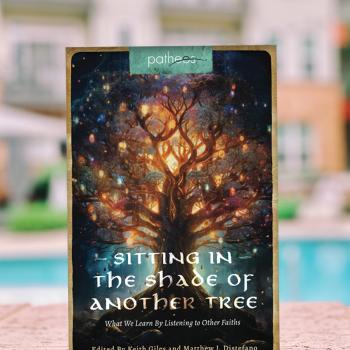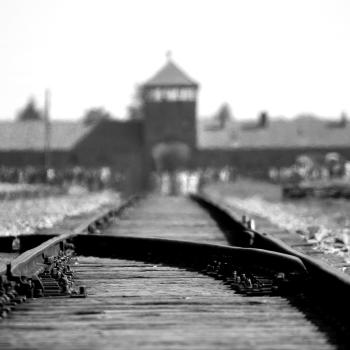*Editor’s Note: This is a contribution from E.A. Brighton, whose children’s book, The Wisdom Tree, will be out on November 21 on Quoir Publishing
I have been told more times than I can count that I have a lot of kids. I do. I have been a mom to five kiddos that span a 13-year age range, for over 18 years now. I am confident in it. I am good at it. I’m not perfect. I have certainly made my share of mistakes, but I am far better at it than I was when I started.
My house is consistently messy. Laundry is never finished. Dinner is rarely planned in advance. There are regular complaints about foods that don’t conform to current oral pallets. The noise level in the house can reach a deafening level on a daily basis and I regularly find myself referee to sibling warfare that challenges my patience and my negotiation skills.
Having kids has been the most humbling experiences of my life. Two of my kiddos have very high-risk behaviors. One of them needs care beyond what I can provide. There have been times when I wished a different life for myself. Times when I have wondered why I made the choices that I did. Times when I feel I have neglected myself and all the things I could have been, done, and seen.
Over the years we have moved 6 times, lived in four corners and the middle of the United States. We have changed schools countless times, homeschooled during the pandemic, moved a child into college and another into a long-term behavioral care facility. We’ve also adjusted to the various cultural shifts that shock, thrive, and dismantle portions of our country. I have learned more than I can express in words, what it is to be open to transition and growth in every aspect of life.
Because of our complex family make-up, I can speak to a variety of issues involving the church, family life, adoption, trauma, PTSD, therapeutic parenting, and the like. You get the idea. The thing is, I can’t fix much. I can’t control life circumstances or take pain away from the day to day aspects of life. I can’t protect my children from the difficulties they will face every day. I can’t simplify the complex narratives of school and their social world. I realize more and more as I continue on this path of parenting that I have less and less say in almost every aspect of their lives and life in general. That concept used to terrify me, especially when I was new to parenting. Now I find helping in it.
Let me get personal here. When I was a kid, my parents struggled to be consistently responsive to the concerns I faced. Their own ability to self-regulate was often challenged and their reactions to my struggling emotions sent unintended messages to my developing mind. I interpreted, from their response, that I was not safe with them, that I was, in fact, causing them pain and suffering by sharing my difficulties. Looking back now, I see very clearly that while this was never their intention, it was their own lack of self-awareness that brought out the result I received. That said, their intentions didn’t leave the imprint that I had to work through in the years that followed, their reactions did. My own ability to self-regulate was delayed by years in large part, due to the lack of co-regulation in our home growing up.
It surfaced in small ways when I was an infant. Frustration and anger, often expressed vocally, even in public settings, when I cried out of hunger or a need to be changed, sent my developmental brain into a stress response. This response chemically altered my neurological functioning, increasing cortisol levels and anxiety producing responses. This is a proven normal response of any developing brain. Continued exposure to altered hormone and chemical levels in the brain during development can directly impact the individuals emotional and physiological cognition. Anyone who works with traumatized infants has seen emotional and physical shut down as a symptom of exposure to abuse and neglect.
My own personal experience was not severe or even note-worthy at the time. The way I was raised was common in the 70’s and 80’s. I got a belt or a spanking from time to time. I had an angry, alcoholic father that yelled when he felt fear or a lack of control. Verbal altercations were simply how he processed. It was then, the norm to “discipline” a child using the concept of “spare the rod, spoil the child”. Our family was no different. This was a generational, welcomed, and expected practice throughout the states. So much so, that I remember it even being a practice in my school by the principal, should a student go too far out of line.
Time wasn’t spent talking about the behaviors or understanding the bigger picture behind them. Tears were met with dismissal and belittling reactions that inflicted further shame and injury. What I couldn’t realize as I was living in this world of complex wounds, was that all of these accepted reactions to normal behaviors were severely damaging my future ability to self-regulate, thereby limiting co-regulation in future relationships, including relationships with my children, who would need that skill desperately.
Thankfully, there were many decisions I made throughout future years that taught me those skills. Over time, I began to recognize how my own emotional reactions to difficulties directly impacted my life. I became aware of my own ability to process emotion and respond rather than react. Time and practice brought confidence in my own ability to be a better human and I, quite naively (as all first time parents are) thought I was ready to be a parent.
As I stepped into that parenting role, I found that the same generational struggle my parents got caught up in, was carrying over into my own ability, or inability to parent well. While my intentions were always positive, the result of the intention was, in some cases, causing further distress for my child. What I showed outwardly, led them to believe they were at fault for adding more anxiety to my life, which was, of course, not the case at all. The humble recognition of following my parents in this negative parenting style cleared my head quite quickly and I was able to hit the reset button on my ability to meet my children’s emotions with something other then my own selfish interest. I could let go of my own ego getting in the way and I could be present with my child, who was in need of a support system, not a “fix.”
Once I figured out I could let go of the need to “fix,” all the energy I was wasting was freed up to actually see where I really needed to be. I had a major perspective shift and could be present with my kids to support them in their own developing wisdom and coping skills. Of course, aspects of parenting that I learned over the years came in handy regularly. You can’t have kiddos without learning from them. What I found to be far more crucial than learning who they were as they grew, was learning who I could be for them as they developed. This is a lesson that continues daily for me.
I have always felt that raising kind humans, cultivating compassionate and empathetic individuals was far more substantial than focusing on the academic role I could take on. Don’t get me wrong, we are big academics in our house. We are readers and complete nerds when it comes to science and mathematics, but as much as those things are great areas of enjoyment for us, they aren’t what keep us grounded as a family.
If I could share the one thing that every one of my family members (including myself) has responded to the most, it has been the gift of co-regulation. This term is now a bit of a buzz word, but I find it often goes misunderstood or simply over used without actually being used.
Parents are often encouraged in parenting classes, self-help books and the like, to co-regulate by “meeting kids where they are at”, meaning get down on their level, spend time with them and listen to what they are saying. The reality is that while this advice is well intended, what it isn’t, is specific. As adults we require specific direction. If clear instruction isn’t given, we tend to manipulate directions into what we think they should be and we often dilute or simply cheapen the value of the advice.
So let’s review for all those other parents out there that maybe missed the message on the first, second, or third go-around (something I have a ridiculous amount of empathy towards). Let’s get specific.
Co-regulation, by definition, is an interpersonal process in which participants adjust their interactions in a coordinated pattern to co-create, stabilize and maintain the nervous system of another. Essentially, your nervous system meets mine, creating a new nervous system shared by us both. It is a neurological, biological and inter-relational process by which we create connection and healing. This process is one that can take place without intent, but is far more powerful and life giving when used regularly and with knowledge of self regulation used by the individual in the co-regulating role.
An individual learns to self-regulate by co-regulating with someone in a much calmer state. If this doesn’t happen regularly early on, our ability to naturally use this skill is less likely. When an infant cries, we meet their need with soothing, gentle tones that encourage a feeling of safety and acceptance. As the child grows, the complexities of life get confusing and their ability to be soothed becomes more nuanced. Often times, this is the beginning of when parenting becomes a test in patience and our own ability to self-regulate. This is when the real opportunity for personal growth happens.
The keys to helping our own children learn to self-regulate is to know how to do so ourselves. Co-regulation is next to impossible if we are incapable of understanding how our own physiology and emotional response is directly related to our ability to comfort and provide a safe space for our children. Our heart rate, our breath, our body language all play a direct role in our ability to respond to our children and help them find calm in our presence. Without understanding the need for those pieces to be in place, we have only a portion of the tool box required for our children to conquer what could be their greatest asset in life.
We walk into parenting expecting a challenge of sorts, but we often forget how much that challenge will expose our own weakness, inabilities, and strengths. Being able to self-regulate, as an adult, is something we must take into consideration as we welcome the idea of parenting into our households. I can not overstate the power and the wealth that is brought into our world by normalizing emotions, utilizing our physical bodies to help remedy that emotion and harnessing those personal skills to help others.
Knowing our own personal triggers, how we respond to them and our internal coping mechanisms along with what is seen externally, is a huge part of helping our children and ourselves as we all continue to evolve in this human world of ours. We aren’t expected to be perfect, or even knowledgeable when we start out as parents, but as we discover our job description and what it entails, we should be expected to grow and change as new information comes to the surface. The goal is to make better humans. That starts with us.
So, let me encourage you on this parenting journey. Be honest about where you come from and what you bring to the table. Take the time to notice your physiology when you are stressed, your heart rate, your muscle tension and your body language as you go thru struggles they will change. Talk yourself thru those things and talk about it with your kids. Let them know you are working on self-regulation too. It’s a journey after all. A practice in becoming a kinder, more compassionate you, for you and for your family.


